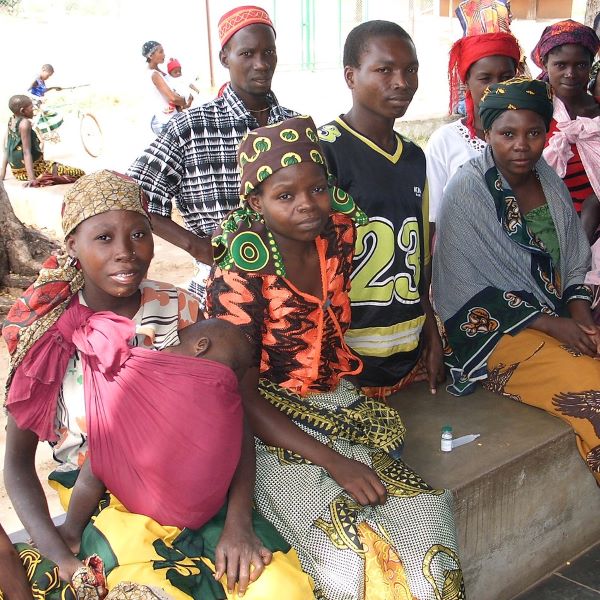Improving MNCH Medicine Registration in Mozambique
Registration of medicines is an essential task of national regulatory agencies as they work to authorize medical products entering the market and ensure that they are safe, efficacious, and quality assured, including for maternal, newborn, and child health (MNCH). Mozambique has made significant progress in recent years to strengthen its pharmaceutical system and improve access to life-saving medicines with a new medicine law regulating medical products and a semi-autonomous national regulatory agency, the Autoridade Nacional Reguladora de Medicamentos de Moçambique (ANARME).
A study conducted in 2020 by USAID through its Medicines, Technologies, and Pharmaceutical Services (MTaPS) Program on the registration process for select MNCH medicines in Mozambique and eight other countries noted several challenges. The study identified barriers such as limited reliance on other national regulatory authorities’ decisions, registration of MNCH medicines not being prioritized, and registration procedures not streamlined. In addition, some essential MNCH medicines were not registered. MTaPS supported the ANARME to develop a set of recommendations to address these barriers and engaged key stakeholders to set up a dialog on improvements.
Creating a Dialog Between Key Stakeholders
MTaPS assisted the ANARME in hosting a workshop on April 21, 2022, in Maputo, to address the observations from the study on the status of MNCH medicine registration and registration processes. The workshop brought together 70 participants, including staff from the ANARME registration unit and representatives from medical product manufacturers, importers, and distributors in Mozambique.

Photo Credit: Cora Peterson/MSH
The workshop provided a forum for the stakeholders in the registration process to discuss how to streamline the process and prioritize registration of maternal, newborn, and child health (MNCH) medicines. Regulators outlined the ANARME registration procedures and highlighted the importance of the process for ensuring the quality and safety of medicines. The manufacturers discussed the challenges they experience when registering their products, particularly MNCH products. The exchange led to suggestions for improved medicines registration.
Of particular note, the challenge with oxytocin—a life-saving medicine for pregnant women—was highlighted. There are only two registered brands of oxytocin in Mozambique, potentially leaving the market vulnerable to supply chain shocks. Neither brand is prequalified by the World Health Organization, which raises questions about quality. The importance of considering labeling of oxytocin for refrigerated storage as part of the registration process was emphasized to avoid confusion among health workers regarding the required storage conditions. If oxytocin is not properly stored in cold chain, it may degrade, resulting in poor quality and diminished effectiveness.
What’s Next
The rich exchanges allowed the representatives from medical product manufacturers, importers, and distributors in Mozambique who apply for marketing authorization for their products, to gain a better understanding of the current ANARME registration process. In turn, the regulators gained a better understanding of the bottlenecks experienced by applicants when submitting their products for market authorization and the steps needed to streamline the registration process and prioritize the registration of RMNCH medical products.
The ANARME plans to conduct a survey of stakeholders to identify areas for service improvement and has committed to holding more frequent meetings with applicants to improve communication and ease bottlenecks in processing market authorizations by clarifying regulatory requirements. Further, recommendations made in the workshop will be considered in the upcoming revision of the ANARME’s registration guidelines.